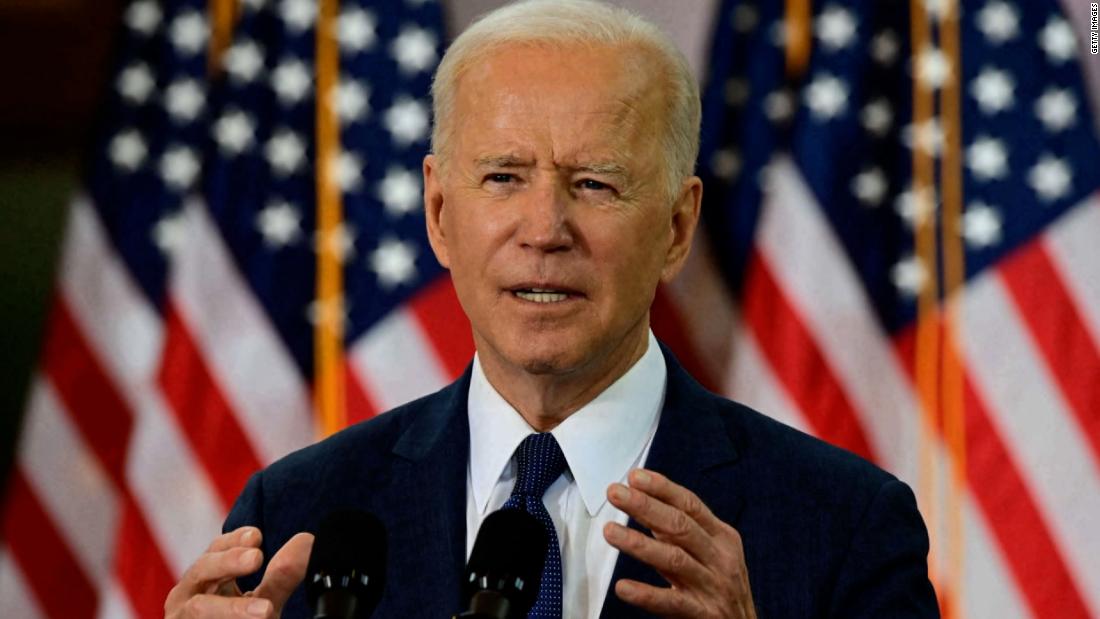First off, Joe Biden is running for reelection, as most Democrats believe he should.
It’s not a sizable majority, though; over one-third of Democrats disagree that he ought to run. And for a while now, some Democrats have expressed doubts about this.
Thus, there are still unanswered important questions: What precisely are their worries? And is that third one tinged with any dissatisfaction with his performance, or is it driven by the idea that he’s done well and it’s time to move on?
The primary concerns of these Democrats are related to President Biden’s age and his ability to serve a second term if elected. A slim majority also expresses worry about potential policy decisions and questions about his ability to run a successful 2024 campaign.
This kind of age-related anxiety is not exclusive to Mr. Biden; voters have also expressed concern over politicians’ ages in general.
Furthermore, Mr. Biden is not the first Democratic incumbent to face doubts about whether to run for office again from members of his own party. About 25% of Democrats in December 1995 were unsure or didn’t want Bill Clinton to be the party’s nominee. Naturally, Clinton went on to win reelection.
Indeed, there is also some dissatisfaction mixed in. Not only are these Democrats more evenly divided in their opinions of his job performance at the moment, but they are also less likely than Democrats in general to approve of it. The Democrats who oppose his candidacy prefer a nominee who is distinct from Mr. Biden rather than someone who is like him.
If not Biden, who do the Democrats want?
Philosophies regarding ideology or approach would be included in a wish list if only they could choose someone else.
The overwhelming majority of those who believe Biden shouldn’t run feel that it’s critical that the nominee be progressive and support social justice principles. Notwithstanding their ideological preferences, the majority also wants someone who will cooperate with Republicans rather than oppose them or enrage conservatives.
The fact that the majority also desire someone with financial or economic experience may be a sign of how much the state of the economy influences election cycles. Less than 50% of respondents believe it is critical that the nominee be a woman or a person of color.
Nevertheless, this group of Democrats is not thinking of a single individual.
The majority of them actually don’t have anyone in mind.
Instead, we asked them to provide the name of a specific candidate they would like to see the party nominate. Merely approximately 33% of the Democrats who disagree with Mr. Biden’s candidacy specifically offered the names of other candidates. Furthermore, there isn’t a unanimous choice among those who did make a selection.
It’s possible that no other figure jumps out, or that these Democrats are simply airing their concerns without considering what action to take next. Politicians frequently evaluate what they have, but evaluating hypotheticals is more difficult.
California Governor Gavin Newsom is most often mentioned among the already small group of people who have offered a name, but that number is limited to about one in four of those who volunteered. Vice President Kamala Harris comes up next most often, followed by independent presidential candidate Robert F. Kennedy, Jr. Sen. Cory Booker of New Jersey, independent Vermont senator Bernie Sanders, and Transportation Secretary Pete Buttigieg are among the 2020 Democratic presidential contenders that are mentioned. Rep. Alexandria Ocasio-Cortez of New York is also mentioned a few times. The top ten Democratic or independent names that these Democratic respondents repeatedly offered are displayed in the word cloud below.
Notably, our other recent polling indicates that some Democrats would still vote for Mr. Biden even if they don’t think he should run. Democrats continue to overwhelmingly support him.
Echoing their calculations from 2020, the Democrats who support Mr. Biden’s reelection believe his work performance justifies it, and he can defeat Republicans in 2024. Democrats declared that they support and like President Biden. However, they stated that rather than being excited about the news, they would accept it. and roughly equal parts anxiety and assurance.
However, the majority of Democrats who oppose his candidacy do so because of his age. Not because they believe he will lose. They merely declare that it’s “time for someone new.”
However, and this is crucial, the majority of Democrats who oppose his candidacy would still think about backing him in the primary.
For context, consider this: People can’t manipulate elections one year out, so the should-or shouldn’t-run debate really doesn’t matter all the time. Nearly 40% of Democrats in 1995 disagreed with the party’s choice of Bill Clinton for reelection, and he ultimately prevailed. Whether or not they believe Joe Biden should run, the majority of Democrats today say they will think about supporting him for the nomination.
Excitement, however, may matter because it may encourage donations, campaign activity, and other important factors in the near future.

















































